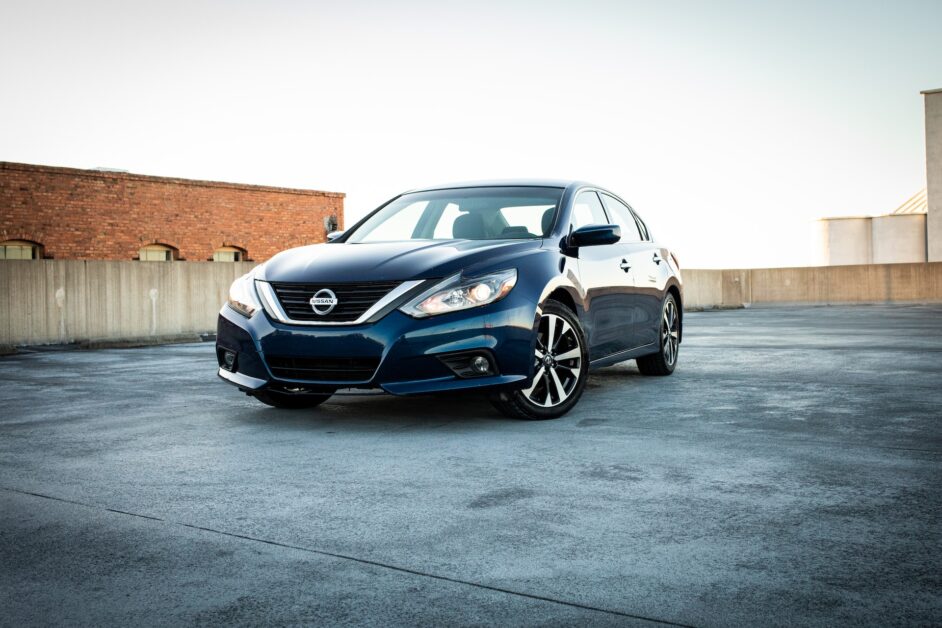
Nissan, a renowned Japanese multinational automobile manufacturer, is headquartered in Yokohama, Kanagawa Prefecture, Japan. The company operates under the Nissan and Infiniti brands, previously including Datsun, with in-house performance tuning products under the Nismo and Autech brands. Nissan’s origins date back to the early 20th century with the Nissan zaibatsu, now known as Nissan Group.
Partnerships and Global Standing
Since 1999, Nissan has been a part of the Renault–Nissan–Mitsubishi Alliance, a collaboration between Nissan, Mitsubishi Motors of Japan, and Renault of France. As of November 2023, Renault holds a 15% voting stake in Nissan, reciprocated by Nissan’s stake in Renault. In 2016, Nissan obtained a 34% controlling stake in Mitsubishi Motors.
Nissan was ranked as the sixth-largest automaker globally in 2017. In 2014, it was the largest car manufacturer in North America. With a 2022 revenue of $78 billion, Nissan was the 9th largest automobile maker worldwide and the leading Japanese brand in China, Russia, and Mexico. As of April 2018, Nissan was the world’s largest electric vehicle (EV) manufacturer, led by its Nissan LEAF model, second only to the Tesla Model 3 in global electric car sales.
Early Beginnings and Datsun Brand
Founded in 1911 as Kwaishinsha Motor Car Works by Masujiro Hashimoto in Tokyo, the company produced its first car, the DAT, in 1914. The DAT name was an acronym of the investors’ surnames: Kenjiro Den, Rokuro Aoyama, and Meitaro Takeuchi. Renamed several times, it merged with Jitsuyo Jidosha Co., Ltd in 1926 to form DAT Jidosha Seizo Co. The company was later called Nissan, an abbreviation of Nihon Sangyo, used on the Tokyo Stock Exchange.
Development of Datsun and Nissan Brand
In 1931, the smaller Datsun Type 11 was introduced. The company was renamed Jidosha-Seizo Co., Ltd in 1933 and later moved to Yokohama. Nissan Motor was organized in 1934 by Yoshisuke Aikawa, separating Nissan’s auto parts division from Tobata Casting.
Nissan’s American Connection and Growth
The company’s growth was influenced by American engineer William R. Gorham and its relationship with the Graham-Paige Company. Nissan also partnered with Austin Motor Company, leading to the production of Austin models and the development of Nissan’s own engines.
Post-War Expansion and Global Reach
Post-WWII, Nissan expanded globally, particularly in the United States, where it introduced the Datsun brand. Nissan’s assembly plants were established in various countries, contributing to its status as a major global automaker.
Alliance with Renault and Mitsubishi
Facing financial difficulties in 1999, Nissan entered an alliance with Renault, followed by a partnership with Mitsubishi Motors in 2016. This alliance has been pivotal in Nissan’s strategy and global market presence.
Electric Vehicle Development
Nissan has been a leader in electric vehicle development, with the Nissan Leaf being a top-selling EV. The company has focused on innovative EV technologies and aims to expand its electric lineup.
Current Operations and Outlook
Nissan continues to be a significant player in the global automotive industry, with a diverse range of products including sedans, SUVs, electric vehicles, and performance cars. The company’s commitment to innovation, sustainability, and global market presence positions it for continued success in the automotive sector.
